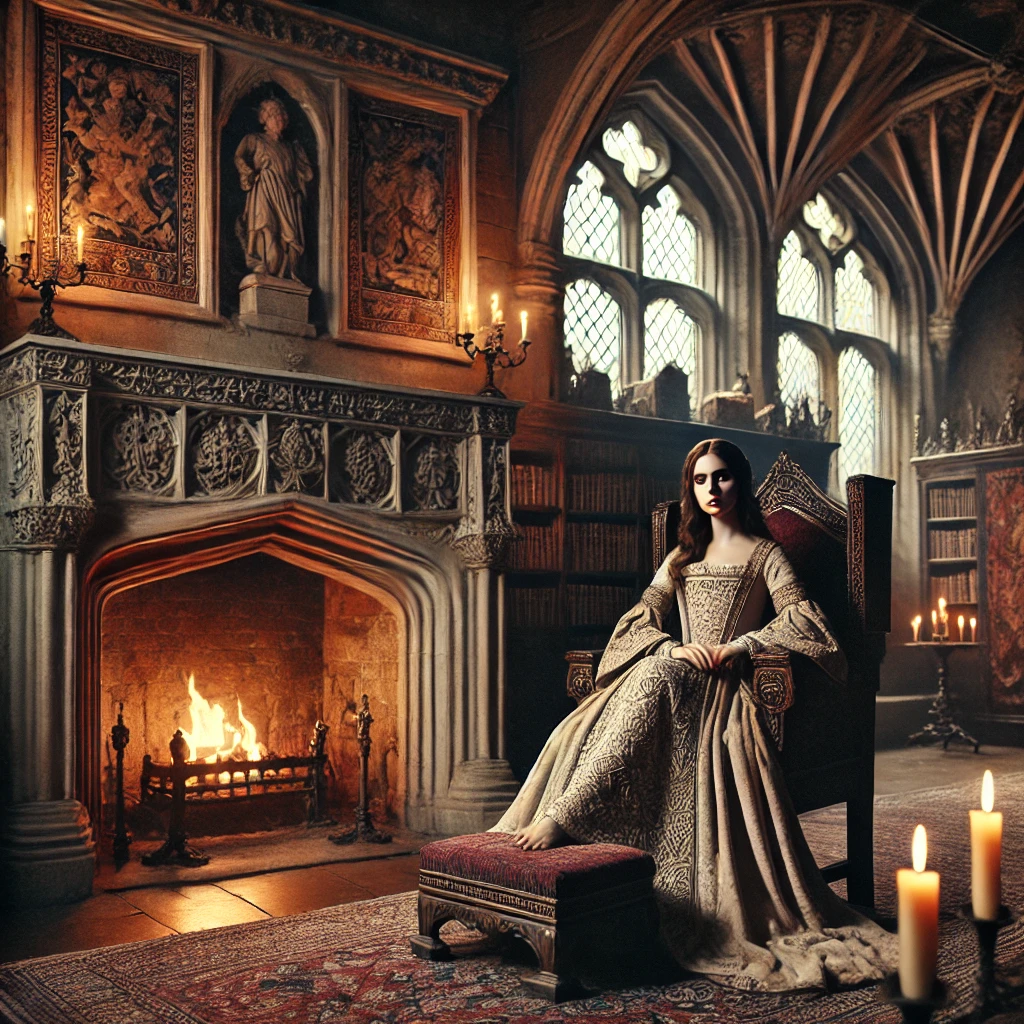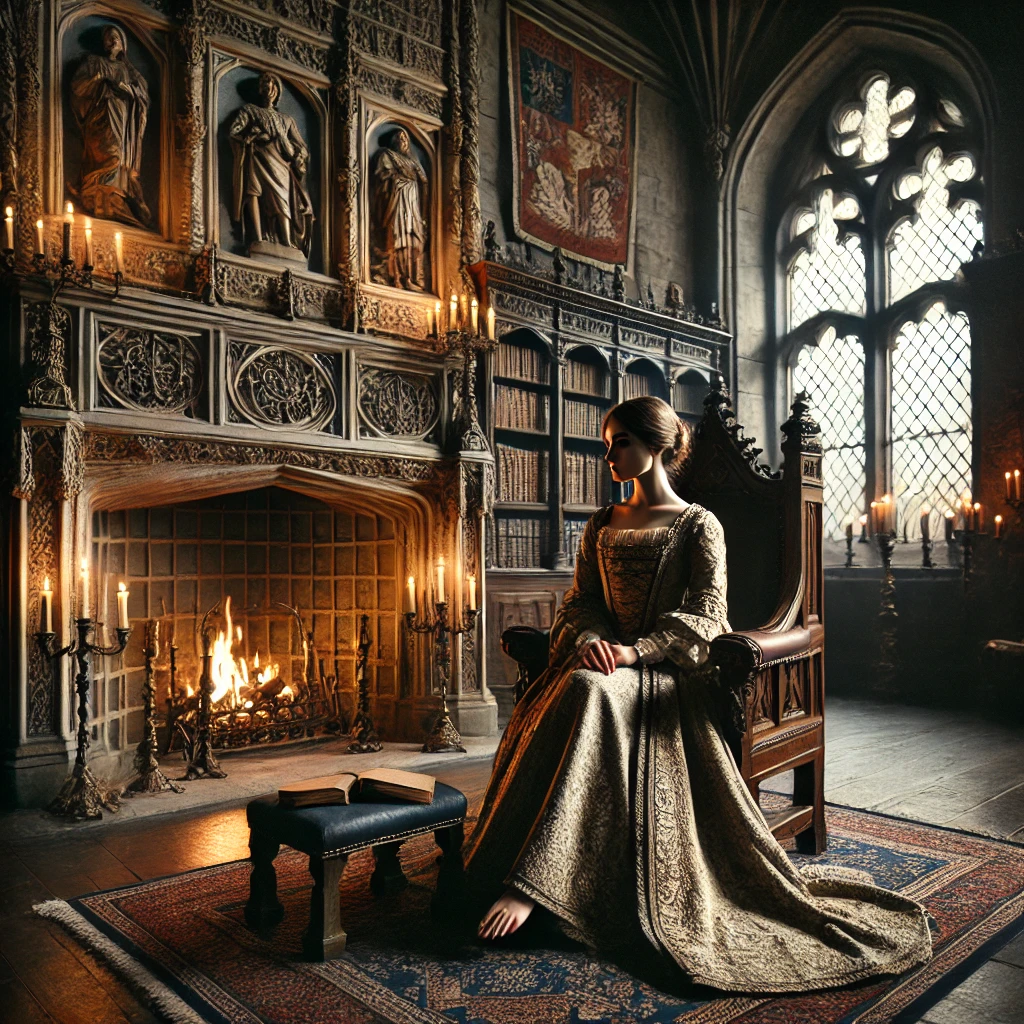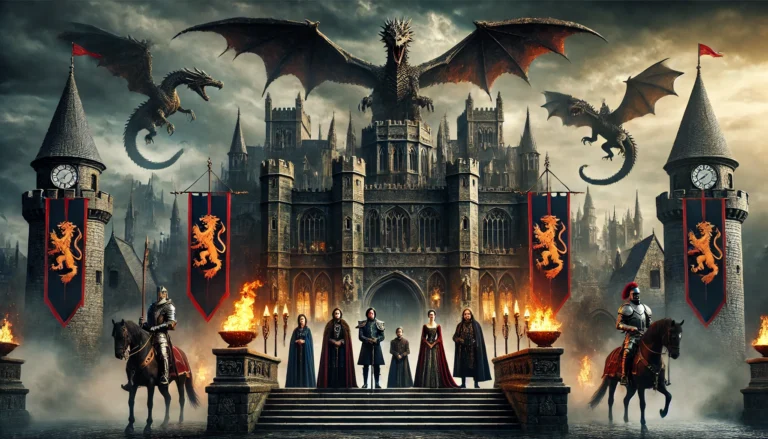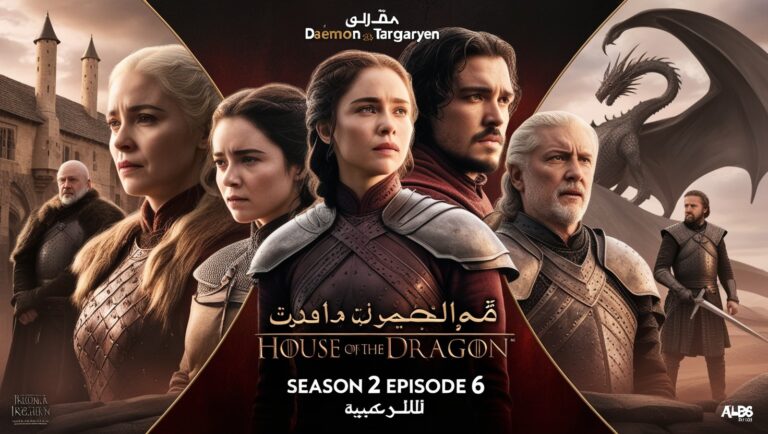Olivia Cooke House OF The Dragon Feet Scene
Introduction: Olivia Cooke House OF The Dragon Feet Scene
Olivia Cooke has been making waves in the entertainment industry for years, but her recent role in “House of the Dragon” has taken things to a whole new level. Known for her captivating performances in projects like “Ready Player One” and “Bates Motel,” she brings a unique depth to her character that fans can’t get enough of. However, it’s not just her acting that’s causing chatter among viewers; it’s a particular scene featuring Olivia Cooke that’s sparked intense discussions online.
The combination of fantasy storytelling and unexpected moments is what makes “House of the Dragon” so compelling, but this specific feet scene went beyond typical fanfare. As audiences dissect its implications and context, we dive into everything you need to know about Olivia’s experience filming this controversial moment—while also exploring broader themes surrounding consent and representation in media today. Buckle up as we explore all angles of this intriguing topic!

The Controversial Scene: What Happens and Why It Caused a Stir
In “House of the Dragon,” a particular scene featuring Olivia Cooke has ignited heated discussions among fans. This moment showcases her character in an intimate and vulnerable light, focusing on a close-up shot that centers around her feet.
The decision to highlight this aspect raised eyebrows. Many viewers debated whether it was necessary for character development or simply a provocative choice aimed at shock value.
This artistic decision provoked mixed reactions across social media platforms. Some appreciated the boldness, while others criticized it as gratuitous.
Moreover, the attention to such details sparked conversations about how physical attributes can be portrayed in television and film today. It’s not just about storytelling but also navigating audience expectations and societal norms when presenting characters authentically within their narratives.
Interviews with Cooke and Other Cast Members on Filming the Scene
Olivia Cooke opened up about the filming of the controversial feet scene, highlighting its unexpected nature. She described feeling a mix of excitement and nerves. The pressure to deliver an authentic performance was palpable.
Co-stars chimed in with their thoughts as well. They noted how important it was for everyone on set to feel comfortable discussing boundaries. This openness helped foster a trusting environment during filming.
Cooke emphasized that collaboration was key. Every actor brought their unique perspective, contributing to the overall tone of the scene. Many expressed surprise at how quickly they fell into character despite the unusual content.
Director insights revealed careful planning went into executing this moment seamlessly. They aimed for artistic expression rather than shock value, prioritizing narrative over sensationalism throughout production sessions.
Reactions from Fans and Critics
The reaction to Olivia Cooke’s feet scene in “House of the Dragon” has been nothing short of electric. Fans took to social media, sharing their surprise and delight at the unexpected moment. Many praised Cooke for her bold performance, emphasizing how it added depth to her character.
Critics were less uniform in their response. Some lauded the scene as a daring choice that pushed boundaries within the fantasy genre. Others found it unnecessary, arguing it detracted from the plot’s core themes.
Online forums buzzed with discussions on whether such scenes should be included at all. Exchanging opinions, some fans expressed curiosity about its implications on storytelling techniques.
Amidst this whirlwind of feedback, one thing is clear: Olivia Cooke’s portrayal continues to spark conversation across various platforms, proving once again that art can provoke diverse interpretations and reactions.
Discussion of Foot Fetishes in Media and Society
Foot fetishes have often been a topic of intrigue and controversy in media. They reveal how different preferences shape our understanding of attraction. In film and television, such depictions can provoke strong reactions from audiences.
The fascination with feet transcends mere aesthetics. It delves into deeper psychological aspects of desire and intimacy. Characters showcased in vulnerable situations, like Olivia Cooke’s scene in “House of the Dragon,” highlight this connection.
Society’s response varies widely—some embrace it as an expression of personal taste, while others raise eyebrows at its inclusion in mainstream narratives. This disparity sparks conversations about what is deemed acceptable or taboo.
As creators push boundaries, they influence cultural perceptions around sexuality and attraction. The representation becomes not just about the act itself but also about consent, respect, and artistic freedom within storytelling.
The Impact of the Scene on Cooke’s Career and Future Projects
Olivia Cooke’s portrayal in “House of the Dragon” has undoubtedly become a talking point for her career. The controversial feet scene generated buzz that propelled discussions about her character and performance.
This attention could lead to new opportunities as she gains visibility within Hollywood. Directors and producers often look for actors who provoke conversation, making Cooke an appealing choice for future projects.
However, with increased scrutiny comes pressure. Fans may have heightened expectations moving forward. Navigating this newfound fame will require balance; embracing creativity while managing public perception is crucial.
Cooke’s ability to tackle complex roles may allow her to explore diverse genres beyond fantasy. We’re likely to see her take on more layered characters that challenge norms and resonate with audiences globally. Her talent shines through, ensuring she’ll remain a force in the industry regardless of any single scene’s controversy.
Conclusion: Addressing the Importance of Consent in Filmmaking and Media
The conversation surrounding Olivia Cooke’s feet scene in “House of the Dragon” has sparked a significant dialogue about consent and representation in media. This scene, while controversial, prompts us to consider the boundaries of artistic expression versus audience comfort.
Consent is not just a personal matter; it extends into how stories are told and received by viewers. As the film industry evolves, so must our understanding of what constitutes consent within storytelling frameworks.
The reactions to this particular moment reveal that audiences are more engaged than ever with these themes. They want their favorite shows and films to reflect their values—values that include respect for individual autonomy.
For Olivia Cooke, navigating this terrain means being both vulnerable as an artist and empowered as an advocate for responsible filmmaking practices. The impact of her choices may resonate well beyond “House of the Dragon,” influencing future projects while shaping discussions around intimacy on screen.

As we celebrate creativity in media, it’s crucial to remember that every decision made during production can have lasting implications on performers and audiences alike. Embracing open dialogue will help ensure that all voices are heard—and respected—in the ongoing evolution of cinematic storytelling.





